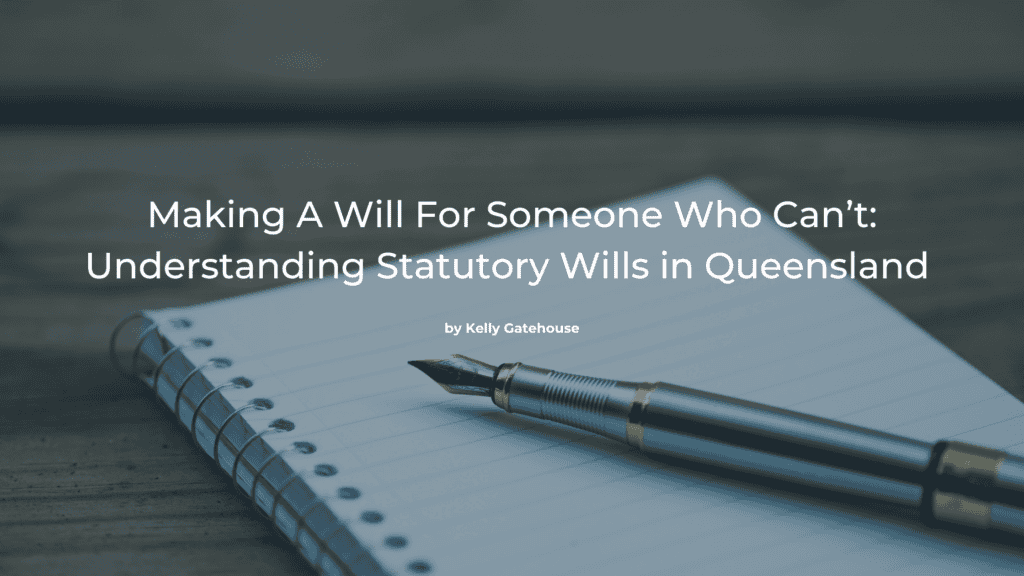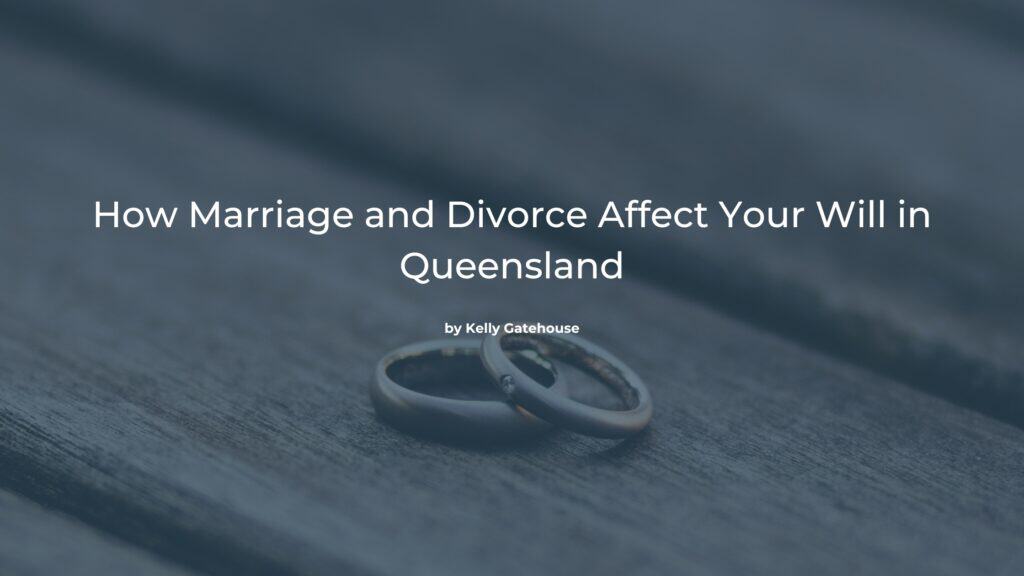DonateLife Week: A time to Talk About Organ Donation
DonateLife Week is a national initiative that encourages Australians to have a life-saving conversation – the conversation about organ and tissue donation. Running from Sunday 28 July to Sunday 4 August 2025, this annual awareness week invites all of us to reflect on the power of giving a gift that can transform or even save […]
DonateLife Week: A time to Talk About Organ Donation Read More »










